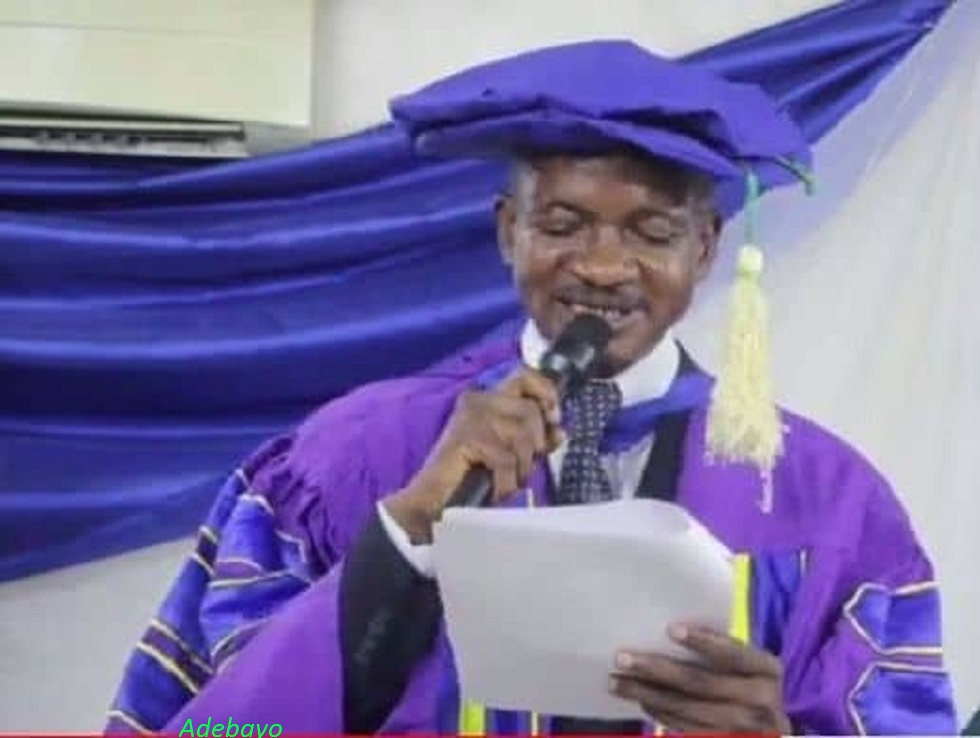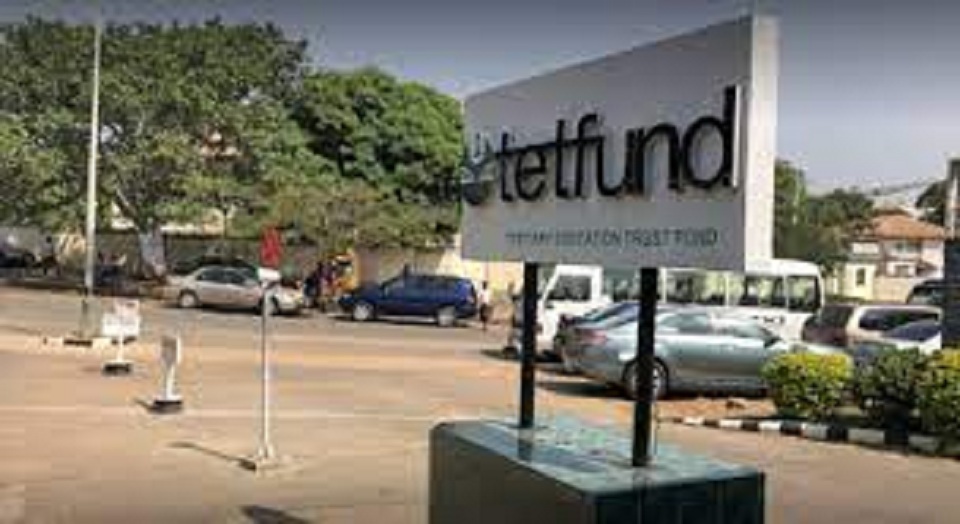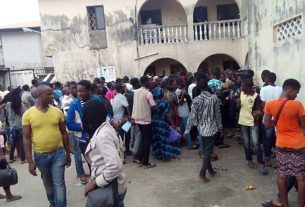By Banji Ayoola
A Professor of Educational Communication, Prof Kayode Adebayo, has asked the Federal and State Governments, through the Ministry of Education, Science and Technology, to inculcate capacity building in-house seminars into the school calendar, advising that the suggested seminars should not be less than three per academic term.
He believes strongly that if implemented by government, this and his other novel recommendations, hold high potentials for a more productive service-delivery in Nigeria’s Secondary Education sector.
The scholar made these recommendations in the University’s Inaugural Lecture titled: “Capacity Building In-House Seminar: A Prescription for Teacher Development in Teacher to Teacher Communication,” which he delivered at the maiden convocation and 2022 award ceremony of African American University, its Porto Novo, Republic of Benin.
His other recommendations are:
- Financial aid should be granted to schools for the purpose of organising Capacity-Building In-House Seminars on regular basis;
- School Administrators should be mandated to organise a definite number of Capacity-Building In-House Seminars per term. The proviso is that the seminars should not be less than three per academic term;
- School Administrators should be made to report on the issues treated in the Capacity-Building In-House Seminars held per academic term in their various schools;
- School Administrators should be made to identify the teachers who have made the most notable improvements in service- delivery in their schools. Such teachers can be recommended for awards from the Government;
- The professional organisation for School Administrators, at the Secondary Education level, namely, the All-Nigeria Confederation of Principals of Secondary Schools (ANCOPSS) should be mandated to present a progress report on the Capacity-Building In-House Seminars of schools on Local Government basis; and
- ANCOPSS should institute an award for the best or the most useful seminar paper at the Local Government level, the State level and possibly at the National level.
Adebayo hoped that these recommendations “shall be brought to the attention of the Federal Government, and the State Government through the Ministry of Education, Science and Technology (MOEST) for early implementation.”
He made the recommendations based on the findings of an on-going research in a carefully selected secondary school in Ado-Odo Ota Local Government Area of Ogun State.
According to him, experience has shown that government agencies organise seminars rarely; while at such seminars, teachers are often packed into designated venues, and most of them regrettably leave the venues gaining little or nothing.
Identifying some of the noted short-comings of such seminars, he noted that: “There is no way by which the success of such seminars can be measured. Such seminars can be expensive. They are time consuming. The seminar papers are usually not given in sufficient quantity that can go round all the participants.”
On the other hand, he declared that “Capacity-Building In-House Seminars eliminate all these short-comings. The seminar sessions hold in individual school on regular basis.”
Also at the ceremony, renowned Art scholar and ex-provost of the Federal College of Education (FCE) (Technical), Akoka, Lagos, Dr Kunle Filani, and an editorial board member of the flagship of the Nigerian media, The Guardian, Prince Jacob Akindele, and 11 other eminent Nigerians who have distinguished themselves in their various fields of expertise.
Filani was conferred with the institution’s Professor of Visual Arts, while Akindele bagged the university’s PhD Honoris Causa in Creative Writing.
Altogether, there were four professorial awardees and nine PhD (Honoris Causa) awardees.
Reacting to the honour, Filani appreciated AAU which he described as an international university, for recognizing his humble
Besides, nine graduates who have completed their four year studies successfully in the university were awarded their degrees in various disciplines.
While presenting the awards and degrees, the Chancellor and Founder of the University, Prof Ben Ezeohagwu,, described the first set of the institution’s graduates as adults and workers.
In his words: “The graduates are adults; they are working class. They asked questions in the class or online. They interacted with their lecturers, with their professors and they found it easier learning in that manner.”
He said that for now, the programmes of the institution are run online mainly. However he assured that the institution would soon resume its physical contact lectures.
Ezeohagwu said: “Our programmes are virtually online. For secondary school leavers, most of them prefer going for physical contact lectures in particular locations.
“But for now we have not reverted back to our physical contact lectures. I believe in few months time, we will start doing that.”

Prof Kunle Filani, Prof Rukeme Noserime and Prof Kayode Adebayo


Left to Right: Prof Kayode Oseni; Prof N. O. Adebowale; Dr Jacob Akindele; Prof Adams O. Itoya; and Prof Ben Ezeohagwu






